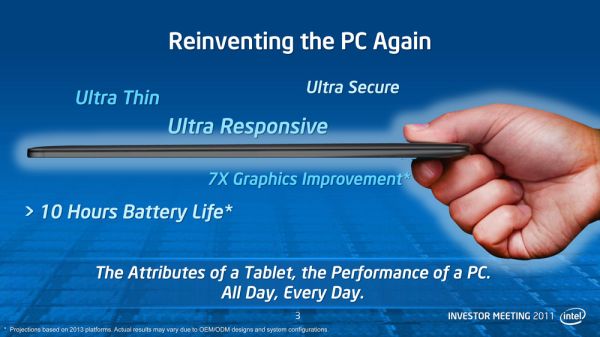NEW YORK – Pfizer Inc. said Tuesday it will buy a company specializing in pain drugs in a $3.6 billion deal meant to shore up the portfolio of the world's largest drug company.
The deal to buy King Pharmaceutical Inc. is Pfizer's largest since it bought rival Wyeth for $68 billion in 2009. Pfizer already has a large stake in the pain drug market with its drugs Lyrica and Celebrex, which combined for more than $5 billion in sales in 2009. But now the company is betting that King's work on "abuse-resistant" pain drugs will pay off and help make up for the revenue it will lose when top sellers such as the cholesterol drug Lipitor no longer have patent protection in a few years.
King markets one such drug, called Embeda, and it's seeking approval for two others under the names Remoxy and Acurox. Remoxy is similar to Purdue Pharma LP's OxyContin, the top-selling painkiller in the U.S. Both are designed to treat pain by slowly releasing the narcotic oxycodone. But the time-release mechanism on OxyContin can be defeated if the drug is crushed or dissolved, allowing users to get a high similar to what they can get from heroin. Embeda is also designed to resist abuse, but it contains morphine.
Millions of people have reported abusing prescription painkillers including OxyContin in recent years, and regulators and health officials have pushed hard to get OxyContin alternatives on the market. Embeda and Remoxy are designed to be tougher to abuse, and so is Acurox, which is faster-acting. Embeda was approved in September 2009, but sales have been slow. The Food and Drug Administration has held up approval of Remoxy and Acurox, partly because it wants more proof they will really cut down on abuse.
King plans to file a new application for approval of Remoxy in the fourth quarter of 2010 and one for Acurox in the first quarter of 2011.
Pfizer is paying $14.25 per share for King. That's a premium of 40 percent to the stock's Monday closing price of $10.15. Along with the abuse-resistant pain drugs, the deal gives Pfizer other products, including EpiPen, a pre-filled injection designed to quickly treat serious allergic reactions; Thrombin-JMI, designed to control bleeding; the Flector pain patch; and the pain drug Avinza.
Through a partnership with the U.S. Department of Defense, King also makes pre-filled injections designed to block the effects of nerve agents. The company also has an animal health business that will be combined with the unit Pfizer already owns.
King has struggled in recent years as patents on several of its key drugs have expired or been thrown out. The company reported a 17 percent drop in sales in the second quarter of this year.
The boards of both companies approved the deal. Pfizer said the purchase will add about 2 cents per share to its net income in 2011 and 2012, and 3 to 4 cents per share in each of the next three years. It does not expect the deal to affect its 2010 results. The company currently expects to earn $2.10 to $2.20 per share on revenue of about $68 billion.
The companies did not say whether jobs would be eliminated after the deal closes. King says it has about 2,600 employees. Pfizer had 116,500 workers at the end of 2009, but is in the process of cutting about 20,000 jobs in the wake of the Wyeth deal.
In afternoon trading, King shares soared $3.99, or 39 percent, to $14.14 and earlier peaked at $14.17, a three-year high. Pfizer shares rose 10 cents to $17.48.
Acurox was developed by Acura Pharmaceuticals Inc., which licensed it to King. The company will get royalties on sales if the drug is approved, and Acura shares rose 28 cents, or 12 percent, to $2.55.[source]











0 comments:
Post a Comment